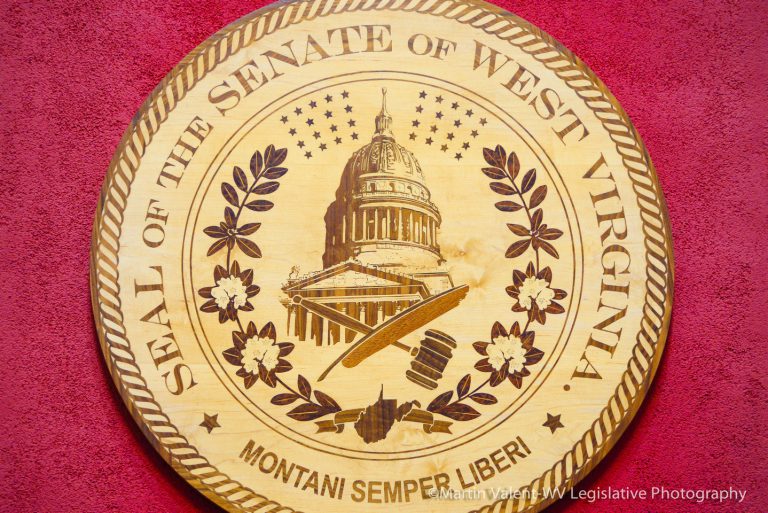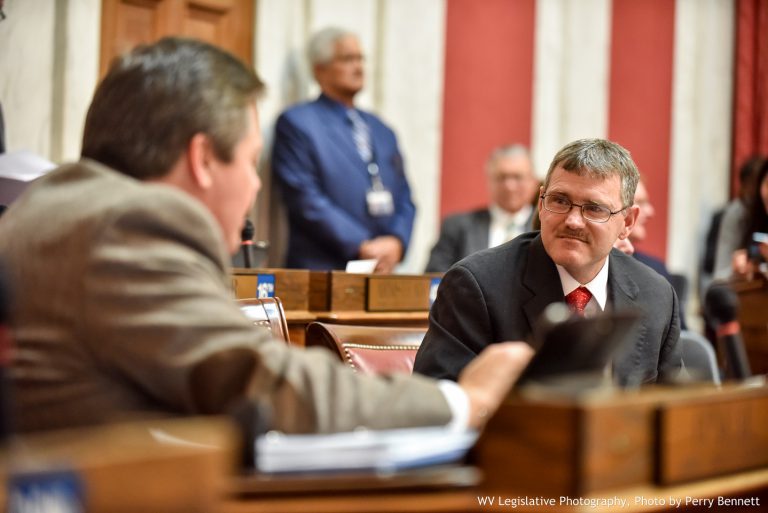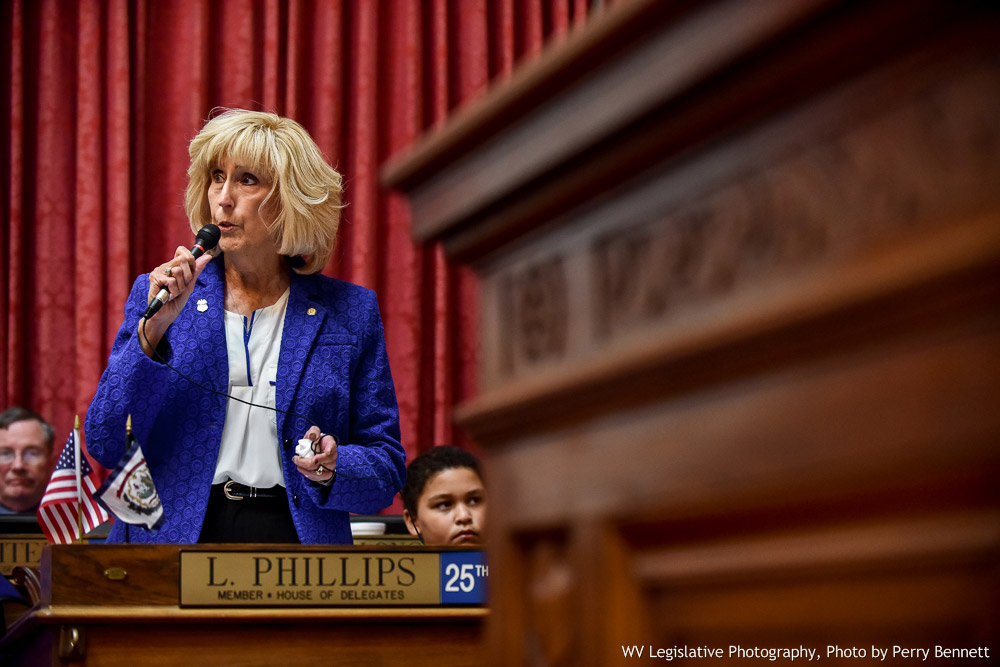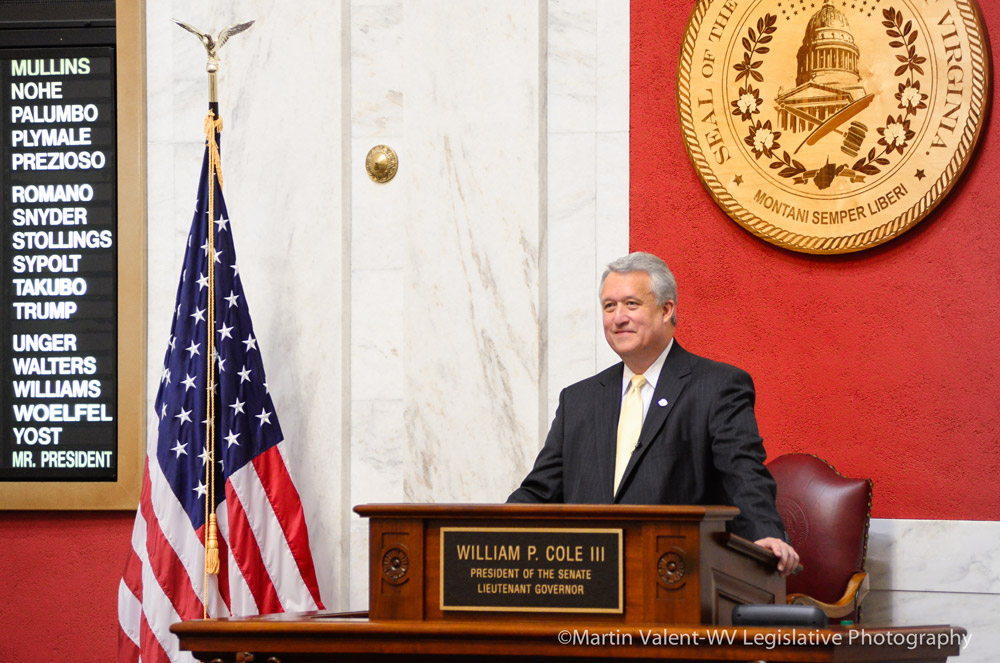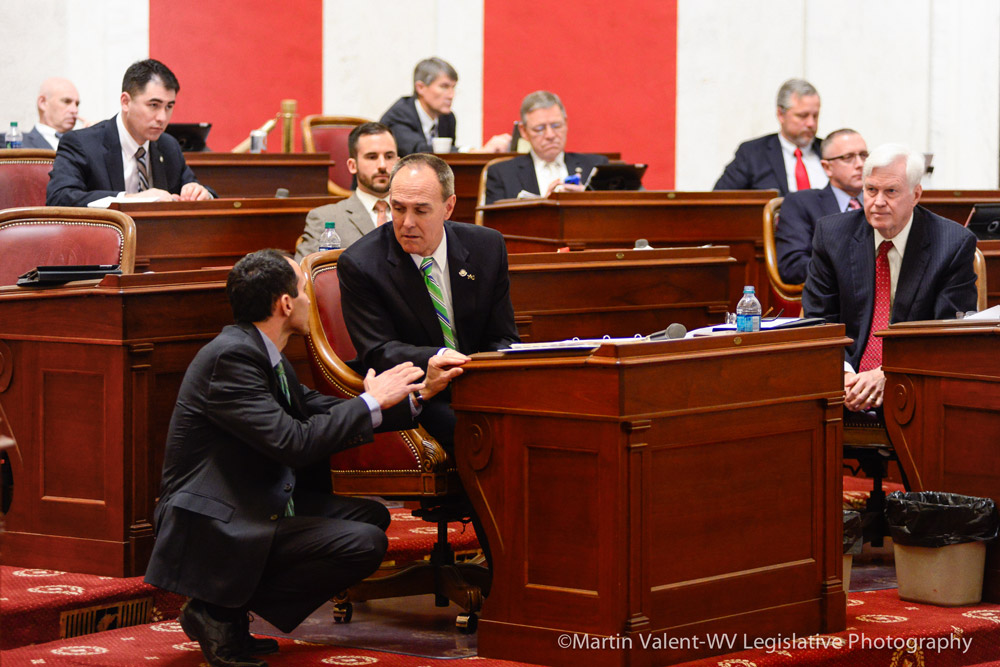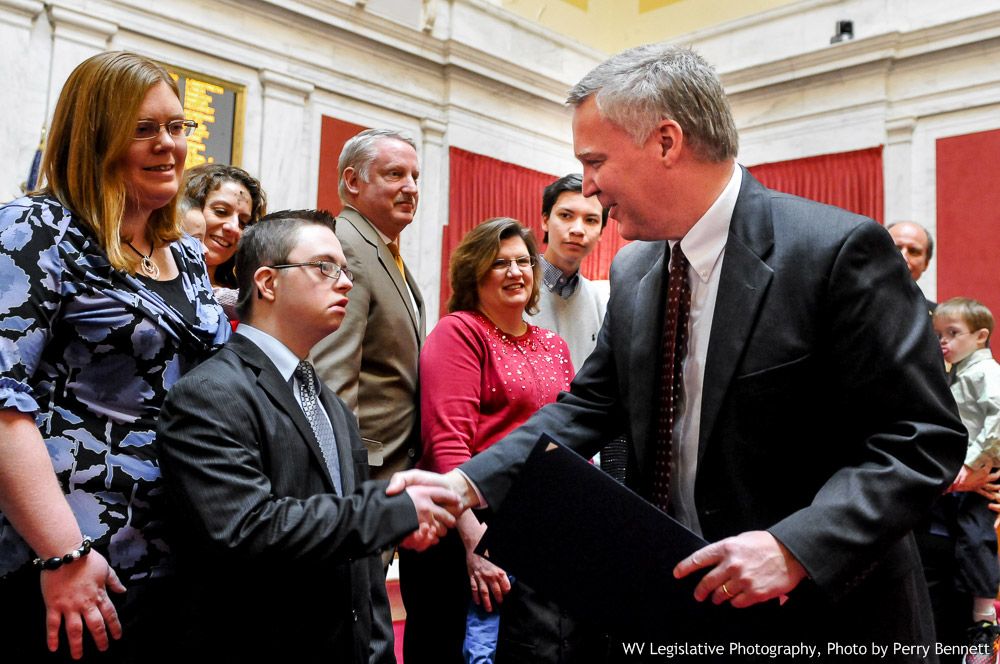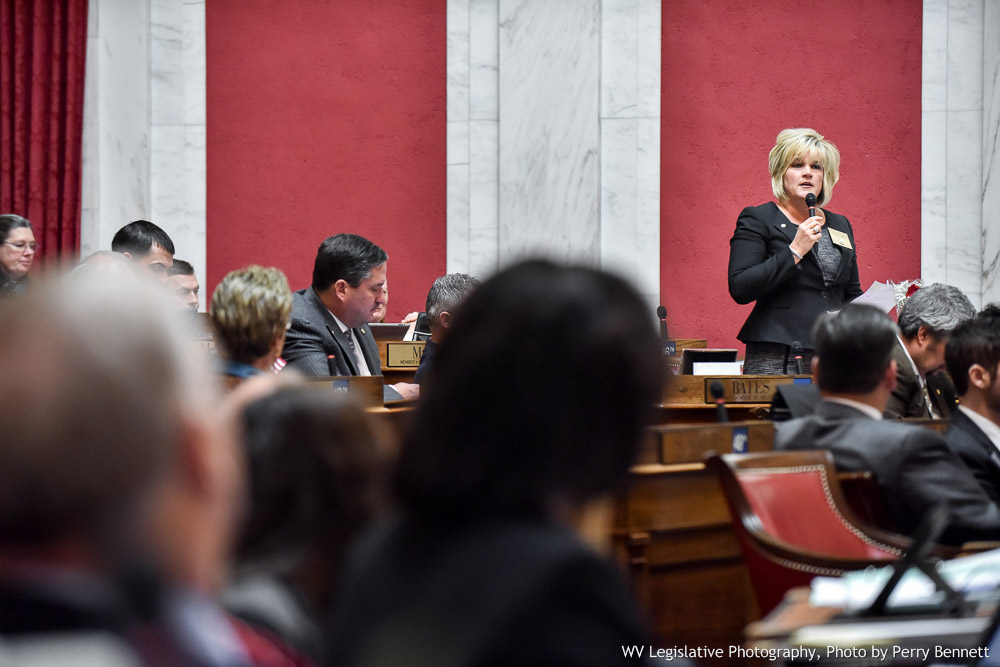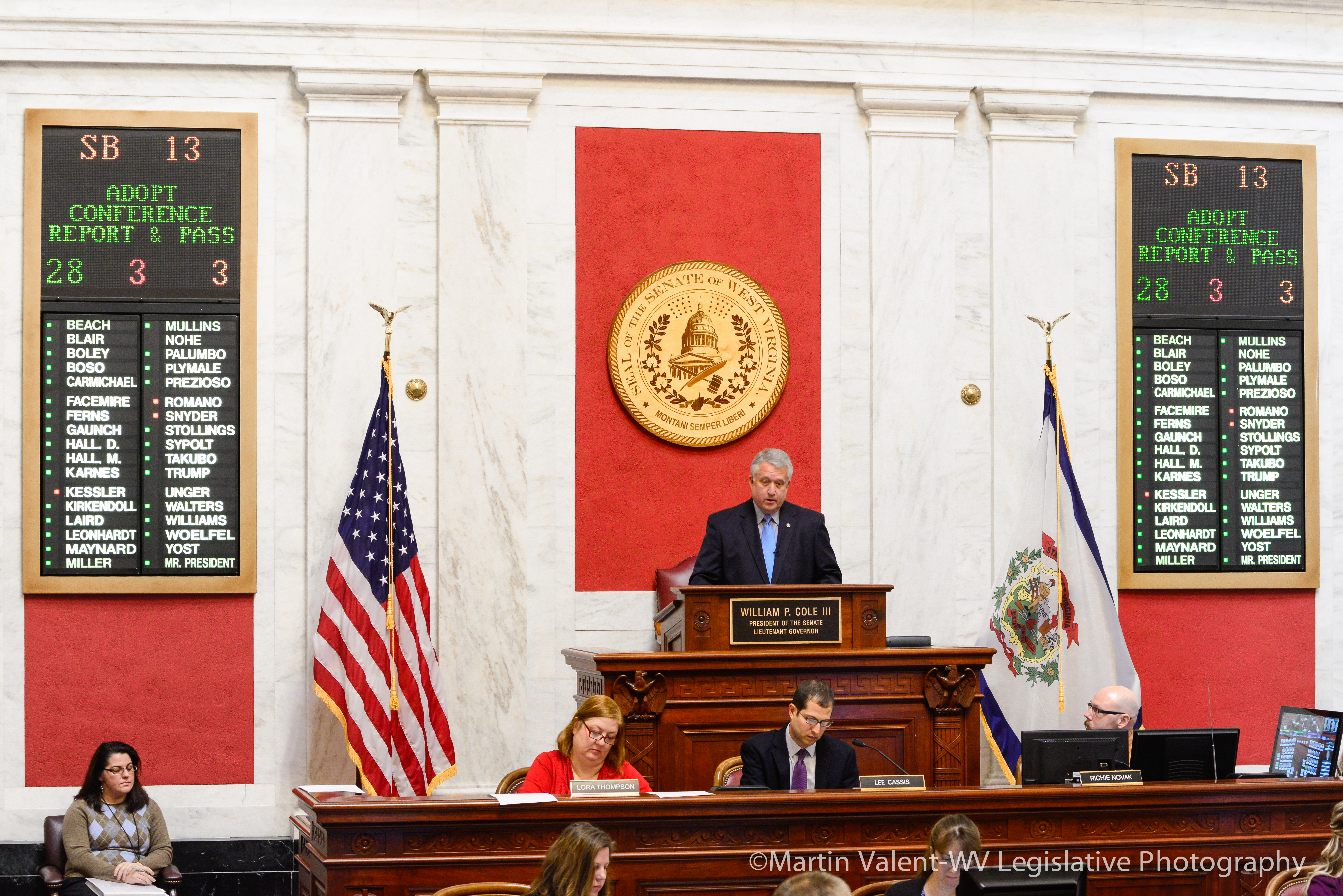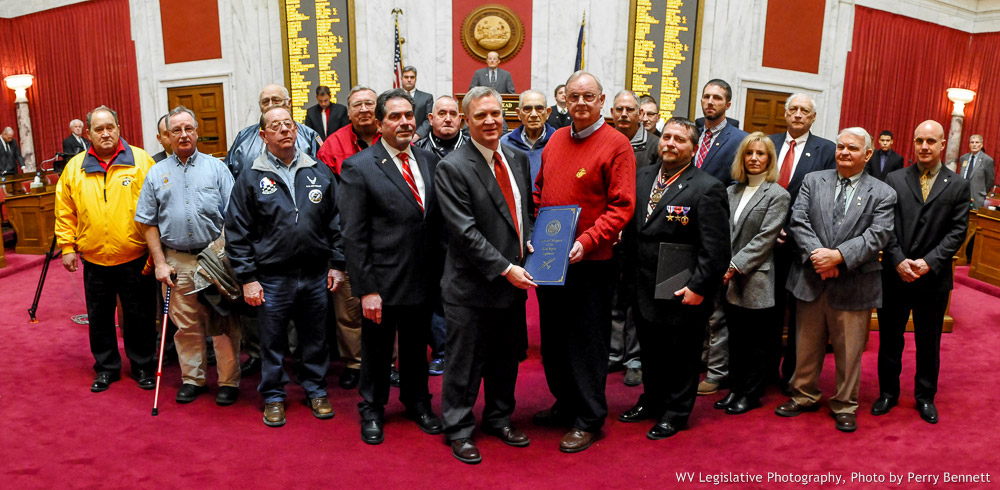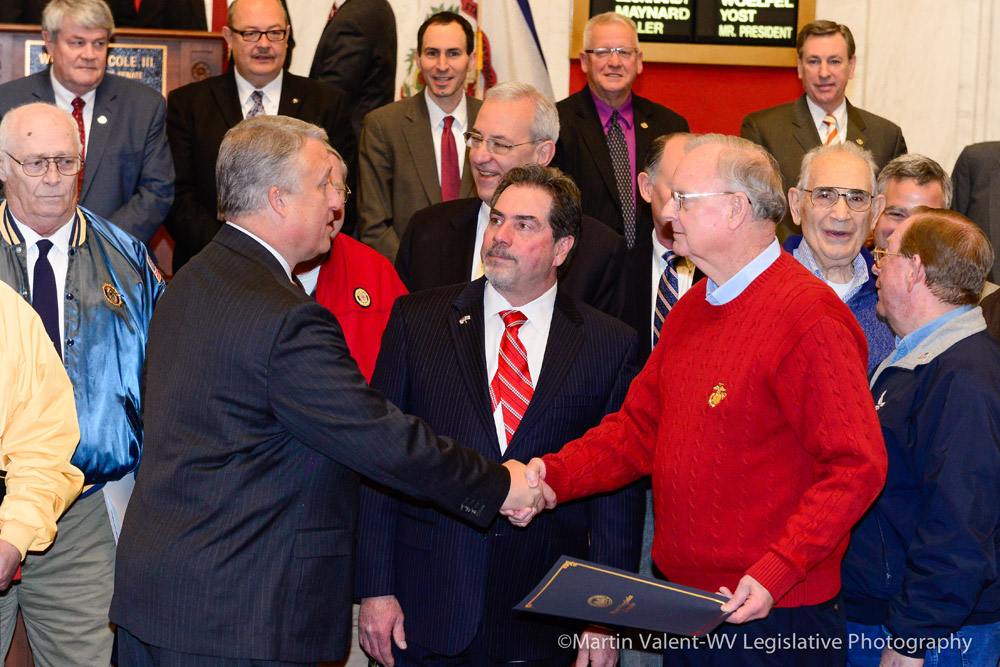Senate Bill 42 relates to the sale of alcoholic beverages on Sundays prior to 1 p.m. The bill would amend current code regarding the sale of alcoholic beverages and allow restaurants, private clubs and wineries to sell alcohol beginning at 10:00 a.m. on Sundays. It would also allow licensed manufacturers such as licensed wineries, farm wineries, distilleries, and mini distilleries to make retail sales of wine and alcoholic liquors to be sold and sampled beginning at 10:00 a.m.
Senate Bill 277 would create “Noah’s Law,” which would provide a birth certificate for a stillborn child. The bill would allow only the mother to request the certificate in certain circumstances and it would allow the State Registrar to charge a fee for the certificate.
Senate Bill 286 relates to compulsory immunizations of students and their exemptions. The bill requires that any child entering school or a state-regulated child care facility must be immunized against chickenpox, hepatitis-b, measles, meningitis, mumps, diphtheria, polio, rubella, tetanus, and whooping cough. In a case where there is a specific precaution existing regarding a particular vaccine or the child has a physical condition where the issuance of a vaccine is not advisable, an exemption may be made.
Senate Bill 429 would create a new code section to allow one-day special charitable event licenses to sell non-intoxicating beer. It would also add a $25 prorated fee to cover costs of licensing and inspection, as well as add the fee to charitable wine licenses that already exist in current W. Va. Code.
Senate Bill 378 would allow electrician’s licenses to be renewed without having to go through retesting. The license can be renewed so long as the earlier license was not revoked and the electrician has paid the renewal fee for each year lapsed.
Senate Bill 350 would establish criminal penalties for assault or battery on utility workers. This bill amends current code that establishes criminal penalties for assault or battery on government, health care, or emergency service workers and adds utility workers to that list. A Utility worker includes individuals who are employed on interstate pipelines.
Senate Bill 30 relates to permitting the shared animal ownership agreement to consume raw milk. With this bill, those who share animal ownership can consume the raw milk of the animal, but requires a written document acknowledging that the consumer understands the inherent dangers of consuming raw milk. A physician must also report any disease related to consumption of raw milk to local health departments. This bill, however, does not allow the distribution of raw milk.
Senate Bill 316 defines veteran-owned business and exempts those businesses from certain fees paid to the Secretary of State. This bill would also exempt veteran-owned businesses from paying annual report fees for the first four years after their initial registration.
Senate Bill 334 relates to the practice of medicine, osteopathy, and advance practice registered nursing. This bill rewrites licensing requirements for practice the practice of medicine, surgery, and podiatry, makes exceptions, and establishes criminal penalties for unauthorized medical practice.


